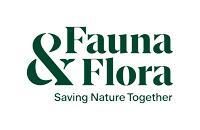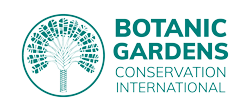The Global Trees Campaign (GTC) was a partnership between Fauna & Flora and Botanic Gardens Conservation International (BGCI), in association with other partners around the world, aiming to secure the future of the world’s threatened tree species in situ, for the benefit of people and wildlife.
During its 20 years of operation the GTC addressed the in situ conservation of over 400 threatened tree species in more than 50 countries worldwide, as well as developing capacity and helping to raise the profile of threatened trees.
You can find more information about Fauna & Flora and BGCI’s continued threatened tree conservation work at their respective websites below:

